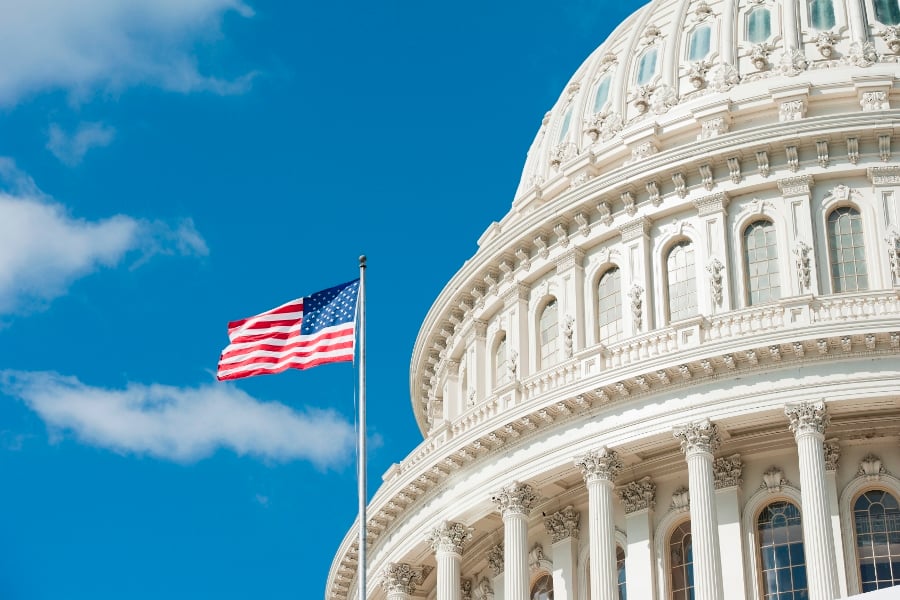Backers of a major retirement-savings bill hope it will catch a ride on legislation that must pass this fall to keep the federal government open.
In May, the House approved the
Setting Every Community Up for Retirement Enhancement Act with overwhelming
bipartisan support, 417-3, but the measure has been stuck in the Senate. When Congress returns from its summer recess next week, advocates are going to try to advance the bill as part of budget legislation.
Lawmakers have to approve several spending bills by Sept. 30 to avoid a government shutdown. If they can't do that, they can pass a continuing resolution to keep the lights on at agencies.
"We do see a [continuing resolution] happening," said Paul Richman, chief government and political affairs officer at the Insured Retirement Institute. "This is a perfect piece of legislation that could be attached to a CR to allow for the expansion of opportunities to save for retirement."
Over the summer, congressional leaders
set parameters for spending bills that prohibit any other legislation being added to appropriations measures this fall unless Republican and Democratic leaders in the House and Senate, as well as the White House, agree to it.
"Conversations that have been ongoing with those offices as well as the White House have indicated there is support for moving the SECURE Act into law," Mr. Richman said.
Will Hansen, chief government affairs officer at the American Retirement Association, also is optimistic about the measure's prospects of being included with must-pass legislation.
"The likelihood of it being attached is high and the likelihood of an actual big bill passing is high," Mr. Hansen said. "Congress doesn't want to go into an election year with a government shutdown."
[Recommended video: Preparing for retirement income]
The measure would bring about the biggest changes in retirement policy in a decade — providing legal protections for employers that include annuities in retirement plans, making it easier for small businesses to band together to offer plans, and increasing the age for required minimum distributions from 70½ to 72,
among other provisions.
Several senators are objecting to the SECURE Act for policy reasons unrelated to the retirement provisions, making it impossible so far for the Senate to approve it unanimously as a stand-alone bill.
Senate Finance Committee chairman Charles Grassley, R-Iowa, is pushing for Senate consideration.
"Some senators have raised concerns about the House bill, and Chairman Grassley is continuing to work with his colleagues to find a resolution to those concerns," spokesman Michael Zona wrote in an email. "With positive votes in the House and Senate on retirement security, Congress can't let this opportunity slip away."
While SECURE tries to break free, Sen. Sheldon Whitehouse, D-R.I.,
introduced another retirement savings bill just before Congress left for the summer. Under the measure, employers with more than 10 employees that do not offer a retirement plan would have to set up
individual retirement accounts funded by automatic payroll deductions.
House Ways and Means Committee chairman Richard Neal, D-Mass., is considering a similar bill but has not yet introduced it.
Sen. Whitehouse's legislation and other retirement-savings measures could be considered as a follow-up to SECURE.
"As long as the SECURE Act is out there, it will take up most of the energy in the retirement security space," said Chris Spence, senior director of government relations at TIAA.







